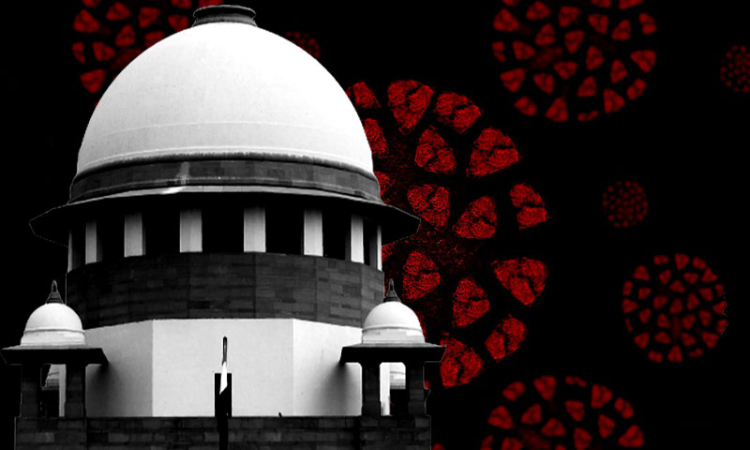Covid Deaths- SC Issues Notice On Parsi Group's Plea To Allow Last Rites As Per Their Religious Practices
Mehal Jain
6 Dec 2021 8:56 PM IST

Next Story
6 Dec 2021 8:56 PM IST
The Supreme Court on Monday issued notice on a plea by the Surat Parsi Panchayat Board for a direction to permit it and its members to perform Dokhmenashini/last rites in Dokhmas of its members having died due to Covid 19, in accordance with their religious practices which is duly protected by the Constitution.The bench of Justices D. Y. Chandrachud and A. S. Bopanna was hearing the SLP...
